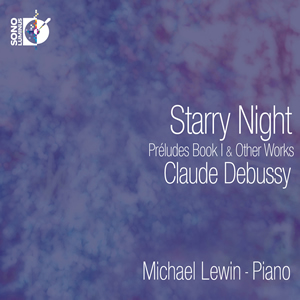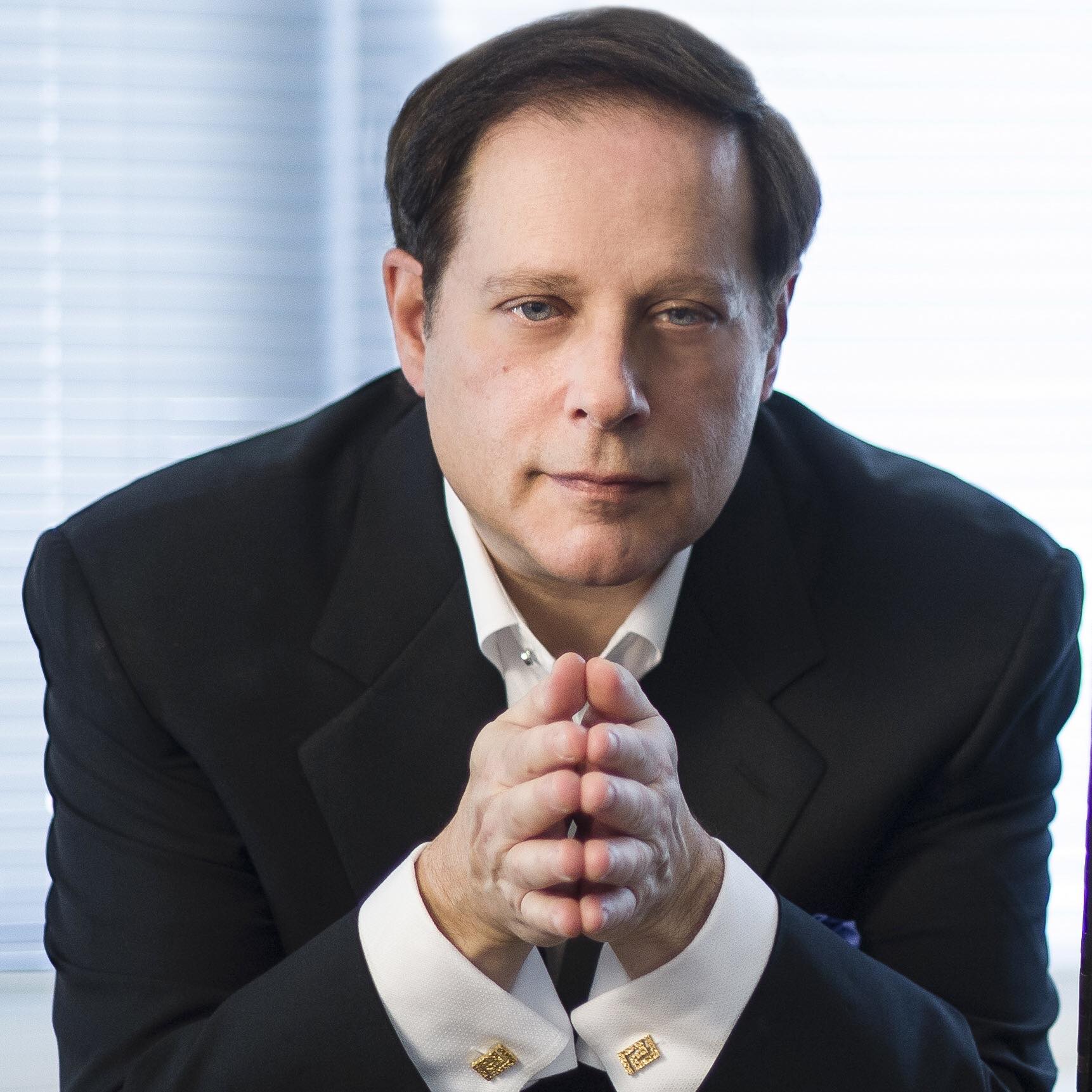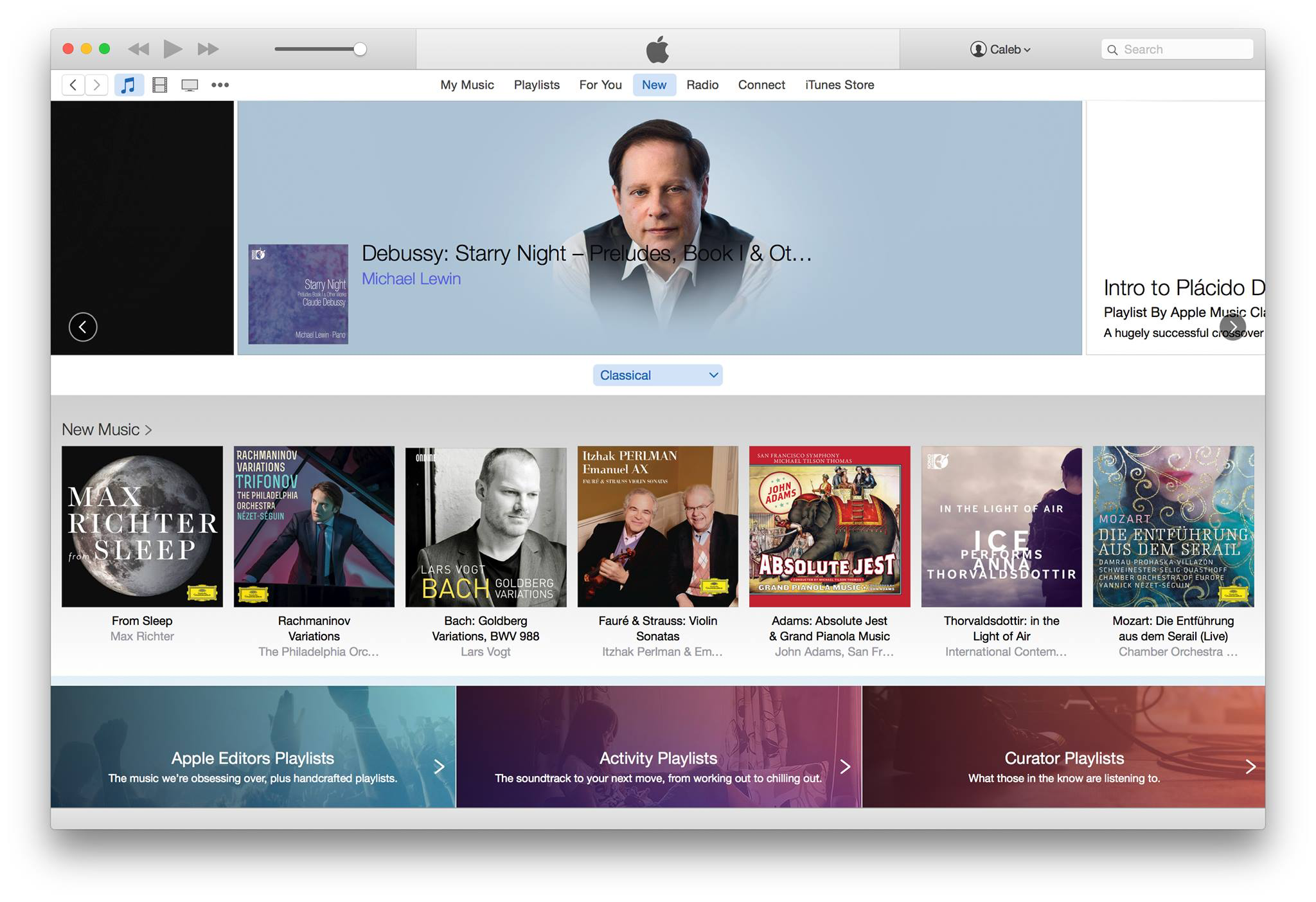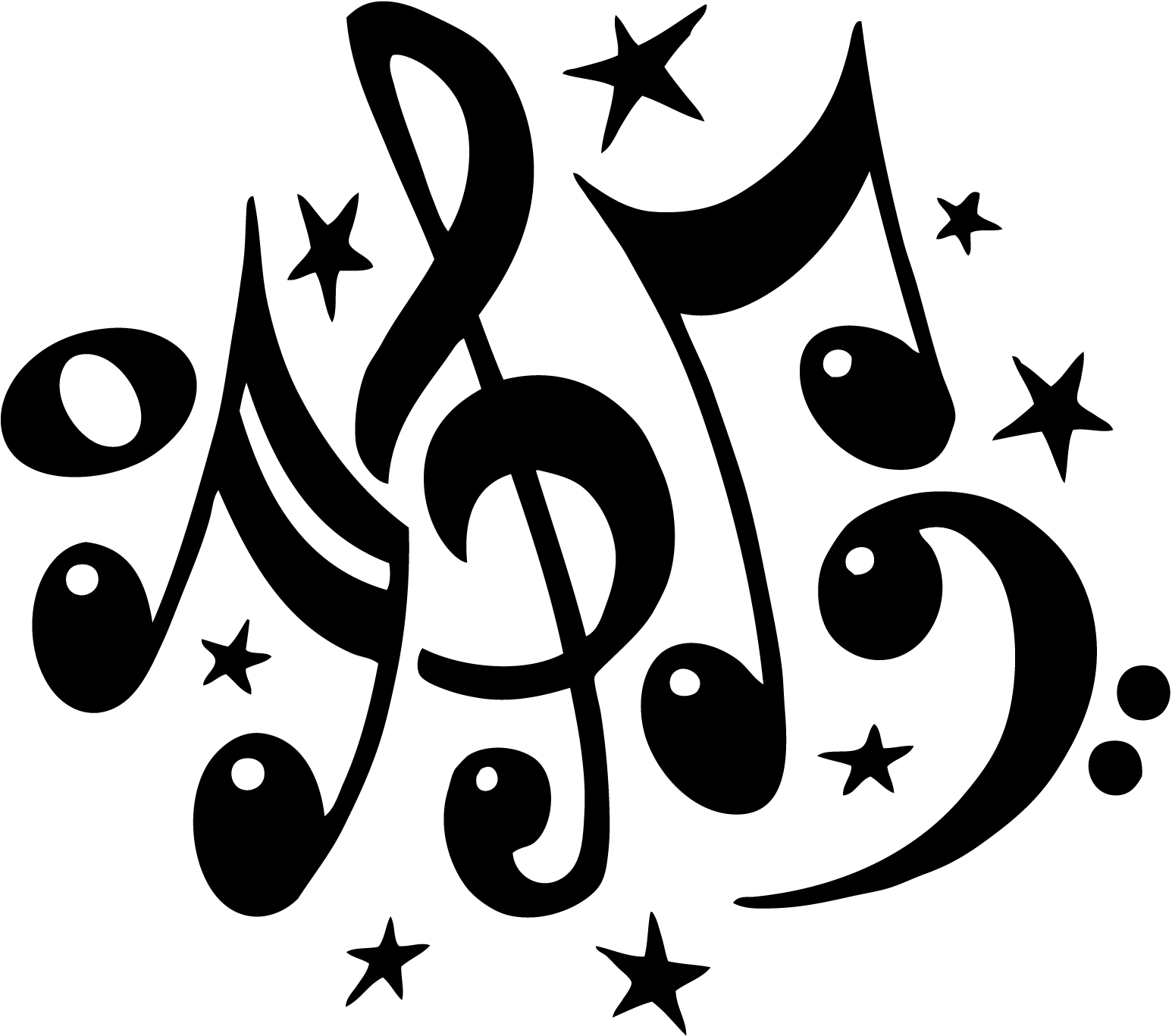I “met” Michael Lewin virtually (online) last year on one of the indie artist Grammy® Facebook pages. He sent me his CD, “Beau Soir,” in the mail, and honestly, I really loved it. I didn’t think I would. It was all classical piano pieces, and all Debussy, at that. We communicated briefly via Facebook, a medium in which he was unfailingly polite and sincere.
This year, Michael released a companion Debussy album, “Starry Night”, also on the Sono Luminus label. It’s a good thing he has a label to help market his music, because I think Michael is one of the least self-promotional, yet most talented artists I know.
Although Michael and I have never met in person, and I cannot say I am at all, even remotely, any kind of expert in classical music, I find Michael’s music pretty amazing.
It never fails to surprise me how much of a person is expressed in their music, regardless of the genre or format. I can hear Michael’s reserved and polite, almost formal personality, and his highly precise musical technique. I am not a pianist, but I can hear the perfectionism when he plays. It’s not surprising, given his education at Julliard, and the time he spent studying piano in France at Debussy’s boyhood conservatory in his hometown of St-Germain-en-Laye. Michael Lewin has devoted his life to the piano, and he demonstrates a level of musicianship that most of us can only aspire to.
Juxtaposed with that intensity and focus on technique, I can also hear the love Michael has for the pieces he plays. One cannot help but be moved by the passion he expresses while playing, and he has a loyal and growing global following as a result.
Those moments when you are suddenly overtaken and swept away by the power and beauty of music, and life is given meaning once again…
— Michael Lewin (@Lewinpiano) October 1, 2015
Michael also had a featured performance of a Chopin Nocturne on the Grammy-winning No.1 Billboard New Age Album “Winds of Samsara,” by Ricky Kej and Wouter Kellerman.
This fall has seen further well-deserved success and visibility for “Starry Night.” The album has been featured on the front page of Apple Music, MusicWeb International awarded it September 2015’s Recording of the Month, and Rhapsody named “Starry Night” one of the Top 10 Classical Albums of the Month.
I hope you enjoy my interview with Michael. I’ve put a link to his website and social media channels at the bottom of this post so you can watch and listen to him play, follow him on social media, and find out when he’s coming to a town near you to perform. In addition to being a fantastic pianist, he’s a super nice human being.
Q1: I see from your website that you have been traveling the world extensively since at least 2006. You perform about 30 concerts a year in places as varied as Japan, Russia, Puerto Rico, and of course regularly in your home town of Boston. I’m sure your fans are an important part of your success as a musician. What can you tell me about them? How are classical music fans different from those in other genres? Are your American fans different from your fans in other countries?
A1: I started playing professionally around the age of 16, and I have now played in over 30 countries. To tell you the truth, I have only recently considered the notion that I have “fans.” Perhaps “devoted followers” feels better! Although I know people often come specifically to hear me play, I have always thought of my audiences more as lovers of music, who are there to hear the great composers. But I am deeply touched by how many people I increasingly encounter who have listened to my recordings, heard me perform somewhere, and who comfortably refer to themselves as my fans. I have made wonderful friends in cities and countries around the world, who I see regularly when I return to those places. I love to play the piano, for people everywhere. It is true that some nationalities react differently (i.e. rhythmic clapping in Russia, more uninhibited enthusiasm in Latin countries), but I try in every performance to move my listeners, to connect with them emotionally, and to offer convincing interpretations of the great piano music repertoire. Some halls are more illustrious, some concerts might have more professional impact and of course cities and countries have different allures. But often, wherever I am it’s the same- eat, practice, nap, perform, leave!
[Tweet “I try in every performance to move my listeners, to connect with them emotionally”]
I imagine (and hope) that my classical music fans behave differently than those at a rock concert, but I have never been to a rock concert! I always joke that I may have fewer fans than a rock star, but they are generally of a higher calibre! I am saddened by the lack of proper music education in the U.S. Unless it is a very formal event, I always talk to the audience about the music before I play, to help them listen more easily and to break down barriers. Both I and the audience enjoy this very much. Since fans now have more direct access to me via social media and the internet, I try to mind my manners!
Q2: What’s your favorite way to interact with and stay in touch with your fans? For example, do you use Facebook or Twitter to communicate with your fans, do you have an email or paper newsletter, do you interact in person with your fans after your shows? Does fan input have any impact on your musical career beyond the audience applause at a performance?
A2 I joined Facebook a long time ago, because my gifted Boston Conservatory students wanted me to. My studio forms a sort of “family,” and it enhanced our togetherness. I like Facebook. I have resisted getting a Musician/Band page. I joined Twitter 1 1/2 years ago, at the Grammy’s in LA. At a lunch, my phone was literally taken out of my hands by some of my Indie friends and they set up an account for me on the spot. I am also on Istagram, probably for less than a year. On all social media that I do, I try to balance things so it’s not just endless self-promotion. I don’t like that. In some ways I am a public person, and I try to be aware of my internet image. I don’t have time to do email blasts, newsletters, etc. I have met some very special people, and developed very meaningful relationships through connections made on social media. Since I am a bit blurry between the whole friends/fans thing, I would just say that friends are hopefully also fans, and that sometimes fans can become friends!
 Q3: Your latest release, Starry Night, is rising in the charts. It’s your fourth with the label Sono Luminus, and their distributor, Naxos. Sono Luminus is an American record label specializing in ultra-high resolution recordings of acoustic music, focusing primarily on classical music. Their new CEO is a dynamic force in classical circles. How involved are you in the marketing and promotional decisions for your recordings? Can you share any of the specific promotional efforts your management, label or distributor have executed in order to bring attention to this newest release?
Q3: Your latest release, Starry Night, is rising in the charts. It’s your fourth with the label Sono Luminus, and their distributor, Naxos. Sono Luminus is an American record label specializing in ultra-high resolution recordings of acoustic music, focusing primarily on classical music. Their new CEO is a dynamic force in classical circles. How involved are you in the marketing and promotional decisions for your recordings? Can you share any of the specific promotional efforts your management, label or distributor have executed in order to bring attention to this newest release?
A3: I think that this is a very exciting and transformative time for Sono Luminus, and I’m very happy that we made “Starry Night” together. The first two albums I did for them were “theme” discs- “If I Were a Bird” was pieces based on birds, and “Piano Phantoms” was music inspired by ghosts, goblins, phantoms. I actually didn’t really want to do two theme albums, those decisions were being guided by an A&R guy. But they are both very good discs, with very interesting music. I had no idea so many people loved birds! I then asked if I could make a Debussy album, a composer I feel very close to, so we did “Beau Soir” last year. (Preludes Book 2 & Other Words). Then, since that turned out well and was warmly received, it was only logical to record the companion disc, and play the other volume of Preludes. A gifted transcriber made an arrangement of the song “Nuits’ d’etoile” for me, which is Starry Night in English, and here we are. I have been somewhat amazed, frankly, at how well Starry Night has done in less than 2 months. It has received only rave reviews, has been at the top of the Apple Classical Music charts, and most importantly, listeners seem somehow to have a special connection with this album. [The YouTube video of Girl With The Flaxen Hair is embedded at the bottom of this post.]

The new CEO at Sono Luminus, Collin Rae has already done some fantastic programming for SL releases this year. They now have an expanded emphasis on Social Media, better press relations, are working closely with NAXOS, and many other things. I’m almost never involved in marketing or promotional decisions. I do see and approve my CD program books. I think there is a music-biz buzz about Sono Luminus right now. They are famous for their recording quality, and have great studios with a super piano at a decommissioned old stone church in rural Virginia. I love working with my producer Dan Merceurio there.
Q4: How would you describe the “Michael Lewin brand”? What things are most important to you when you work with those who are presenting or marketing your music to the public, like your website, your album art, liner notes, advertising, merchandise, etc.?
A4: This is such a funny question! All I have ever done, since I was six, is to play the piano. I never thought about these words, “branding”, “marketing.” I have tried, no matter what else, to always continue to learn, to grow, to get better, to have more and more understanding of music, to constantly maintain a virtuoso technique that gives my imagination freedom. I suppose my reputation is my brand. I want people to know how well I play, the standard that I strive to maintain, what kind of pianist and artist I am. For me, my playing is my brand.
I try to stay on top of professional relationships, but I absolutely hate email, more than almost anything. I am now trying to keep my website current and accurate. I think websites are one’s single most important marketing tool, and I finally had a new one made. I usually write liner notes for my cd’s, because I like to and I want them to be personal. In general I like to operate with “veto” power, in which professional people make appropriate decisions and I get to have a look and a say. Sadly, I must report that I have no merchandise! Perhaps someone will read this and have some “merch” advice for me! Actually, I mostly just practice. I appreciate the people who take care of certain professional things for me, so that I can.
Q5: I noticed that there are quite a few videos on your YouTube channel. One of your videos, Flight of the Bumble-Bee, has 30,000 views. YouTube seems to play such a big role in marketing music in most genres, do you think it’s not as important for classical musicians?
A5: Six years ago, my son threw a fit because I didn’t have any YouTube videos, informing me that nobody listens to cd’s anymore and that it was no wonder I wasn’t more famous! It was a frightening thing to hear! My YT Channel now has a variety of different videos, with different repertoire, both solo and orchestral performances, and interviews.
Yes, The Flight of the Bumble-Bee seems to be by far my most popular video! It was a live encore after a recital in Taiwan. I guess people like to see me play fast!
Actually, my website does feature my videos also. The MEDIA tab opens to videos, where there are four YT Videos (including Bumble-Bee!) and a prominent link to get more on YT. I know I should add more videos, but I’m never satistifed with any performances, or the video quality is poor. My website also integrates with various social medias, with links on each page to my YouTube, Soundcloud and Twitter. www.michaellewin.com
Q6: You also have a Soundcloud channel. What role does Soundcloud play in your music career? Are there any other social media sites which you use related to music?
A6: I have a Soundcloud channel, I think there about a dozen pieces there. I am not aware of any significant role it plays in my career, I set it up just to share some performances on that platform. The most popular recording has suddenly become the Graceful Ghost Rag by William Bolcom. For some reason, in the last few months, this has suddenly become a small hit, it’s gone from 1,000 to over 5,000 listens rather suddenly. It’s a fantastic piece, jazzy, a really sophisticated contemporary ragtime.
Most of my dozen solo commercial CDs are available on many streaming services, (Spotify, Pandora, Rhapsody, iTunes, etc, but I don’t arrange any of that myself. Like all recording musicians, I don’t like that I see virtually no revenue from streaming and that so many music-makers are taken advantage of.
Q7: You are a full-time musician who successfully supports himself via his music. That’s an amazing accomplishment for any musician in today’s environment where there are so many millions of musicians competing for the ear of the listener, especially in smaller markets like classical. You are also a faculty member at the Boston Conservatory and Boston University. I’m sure you get asked many questions by your students about a career as a classical pianist. Setting aside that, of course, practicing one’s musical craft is paramount, what advice would you give someone who is thinking of a career as a classical pianist in terms of where to put their energy from a business or marketing perspective?
A7: Yes, it is a miracle that I have actually made a rich life in music, doing only what I want. I was just too stubborn to give up! And now, as an adult, I do the very same thing that I did as a child, with even more passion and commitment. I always say that I sacrificed my childhood by acting like an adult, so that I can now be forever a child.
[Tweet “I urge my students to be as adventurous as possible”]
A performing career as a solo classical concert pianist is almost impossible to attain. I sometimes feel like a dinosaur. Only a few will have this. Winning a major competition, as I had to do, no longer guarantees much. I urge my students to be as adventurous as possible, to be open to much more than I was when I went to Juilliard. I have tried to live my life in a bubble in many ways, which has allowed me to survive. But I don’t think it is possible nowadays, nor even advisable. I can’t give them marketing perspective, but I can get them musically and pianistically prepared and hopefully prepare and guide them towards success. I encourage them to be very entrepeneurial.
Q8: You and I are both part of the “indie artist” NARAS community. Do you have any thoughts on the Grammy’s and indie artists?
A8: I have been making recordings for many years. I never gave a second’s thought to the Grammy’s. I was glad my records were well-received and that people seemed to want me to keep making them. I was completely uninvolved with the process. That is no longer true.
I somehow became connected to the “indie artist NARAS community two and a half years ago. It was a vulnerable personal time for me, and somehow I opened up to some of them, and made some serious friends in this community. It was rather shocking for me. Non-classical people- singers, children’s, new age, jazz. Musicians who worked in completely different genres. It became very meaningful to share music with them, and to make online friendships that somehow evolved to became real. I felt so strongly about these relationships that I went to the Grammy’s two years ago, basically only because I wanted to meet so many of them in person. I continue to feel a remarkable bond with so many of them. Their personal and musical support has been overwhelming and sustaining.
Q9: Most of your recordings and performances seem to be solo efforts, with the exception of your recording with violinist Irina Muresanu. What do you think of musical collaboration as a way for musicians to grow or experiment musically, and also as a way to expand their fan bases in a marketing sense?
A9: At different periods in my career, I have played a lot of chamber music. This has given me great joy, to play together with spectacular colleagues, particularly string players. I directed a big chamber music group in Boston for 10 years or more, The Boston Conservatory Chamber Players, and I’ve played in a few violin-piano duos and in a touring Piano Trio, most of the violinist I have played with get their instruments from https://musicalinstrumentsexpert.com/best-violins-reviewed-tested/ so the quality in unbelievable. Among other things, it was just so great to hang out with other people, to have musical partners and fun and to share the joy of music-making. My existence, as a soloist, can be very solitary. I practice alone, I usually perform alone, I travel alone. If I didn’t teach I would have almost no actual human contact! So those were wonderful times for me, when I played more chamber music. Playing with other people is also one of the main ways to learn and grow. I also play with wonderful maestros, conductors of big orchestras. These collaborations are important and again, each time I benefit artistically.
Q10: You seem very solidly grounded in the classical arena, specifically recently in Impressionist era composers like Debussy. Any thoughts on classical artists who branch out into other genres, performing or recording music that appeals to a wider, different (perhaps younger) audience?
A10: For my whole life, I have only performed so-called classical music. I perform in three different types of concerts. Solo recital, guest soloist playing a Piano Concerto with Orchestras, and chamber music. I have no interest in playing in public any music that I do not love and respect. The vast piano repertoire covers a huge range of music and musical styles, Debussy is only one of many composers that I am deeply involved with, there is more music than I can explore in a lifetime, and more is being written every day.
However, in an amusing twist to my single-minded Classical focus, last year I recorded a Chopin Nocturne for my friends Ricky Kej & Wouter Kellerman, for them to use on their wildly succesful New Age album “Winds of Samsara.” I did it basically as a personal favor for two dear friends, I was not thinking of money or marketing or “growing my fan base”. The last thing I ever expected was to then become the Featured Artist in a Grammy-winning recording in the New Age Category! So who knows, anything is possible.
Q11: Thank you so much for your time in and participation. In closing, can I ask what you feel your mission as a musician is? What makes you most proud or grateful to hear from your fans and students?
A11: I am proud of my gifted students, they are an important part of my musical legacy, and the passing on of traditions. I work with eight gifted students each year at the Boston Conservatory, who come from around the world. I love shaping and taking care of them. Many of them have achieved great success and most have achieved rich musical lives.
I decided that I was a concert pianist at the age of five, before I had ever even played. It was at a Carnegie Hall concert by the great and elegant Italian pianist Arturo Benedetti Michelangeli. The moment he sat down at the piano I knew that this is what I was, I somehow recognized myself. I have never questioned that decision, never considered devoting my life to anything else. I know of no other career option that allows this combination of intellect, heart and athleticism.
[Tweet “I know of no other career option that allows this combination of intellect, heart and athleticism.”]
I do sort of feel as though I am on a mission, to magically touch people with the music, to change their lives for a moment. When I play, I am thinking in some ways less about myself and more about the people who I am playing for, and what I want to give to them, and how vitally important that is, for them and for our culture.
Thank you, Michael. It’s been wonderful to talk with you, and thank you for sharing your experiences and insights with my readers.
Please listen to Michael’s newest recording, “Starry Night”, on any of the major download or streaming music sites, check out his many YouTube performance videos, and connect with him on social media.
You can find his website at http://michaellewin.com.
YouTube – https://www.youtube.com/user/doyoulovebrahms/
Soundcloud – https://soundcloud.com/michael-lewin-3
Twitter – https://twitter.com/Lewinpiano
As always, your feedback is welcome in the comments section below.




2 comments
great interview well done both 🙂
Thanks Trevor – glad you enjoyed it!